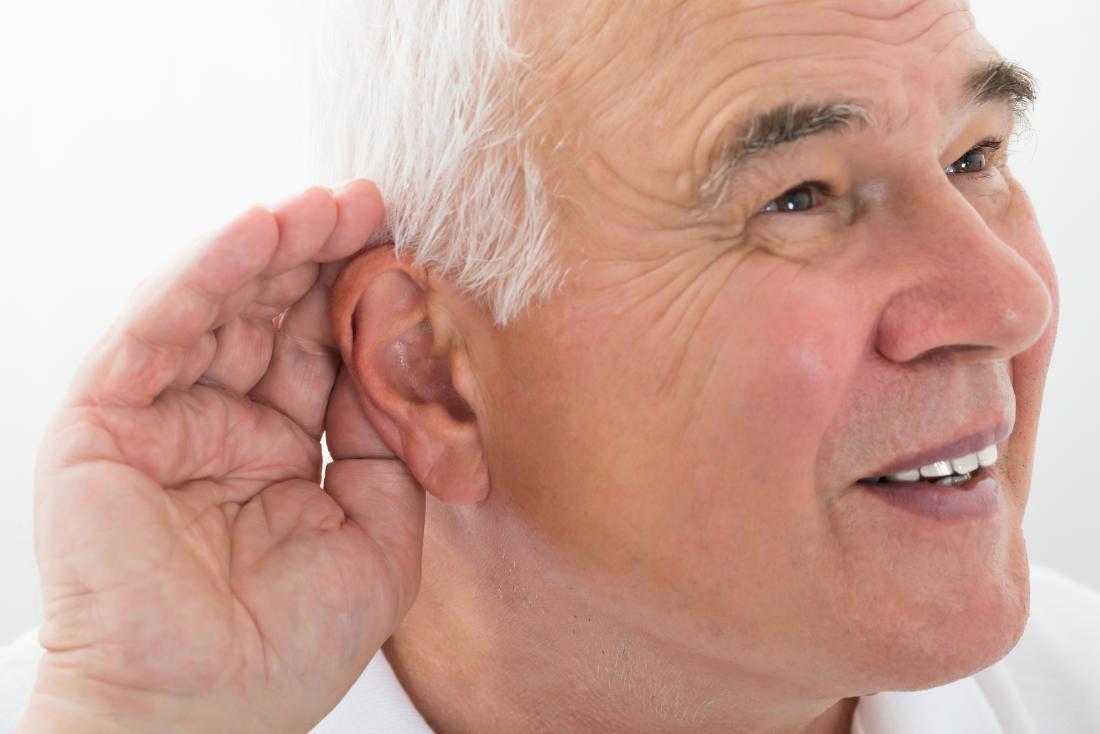Hearing Loss
Causes
The ear has three main parts: the outer ear, middle ear and inner ear. Sound waves pass through the outer ear and cause the eardrum to vibrate. The eardrum and three small bones of the middle ear make the vibrations bigger as they travel to the inner ear. There, the vibrations pass through fluid in a snail-shaped part of the inner ear, known as the cochlea.
Attached to nerve cells in the cochlea are thousands of tiny hairs that help turn sound vibrations into electrical signals. The electrical signals are transmitted to the brain. The brain turns these signals into sound.
Symptoms
Symptoms of hearing loss may include:
- Muffling of speech and other sounds.
- Trouble understanding words, especially when in a crowd or a noisy place.
- Trouble hearing the letters of the alphabet that aren’t vowels.
- Often asking others to speak more slowly, clearly and loudly.
- Needing to turn up the volume of the television or radio.
- Staying clear of some social settings.
- Being bothered by background noise.
- Ringing in the ears, known as tinnitus.
Precautions
The following steps can help prevent hearing loss from loud noises and keep hearing loss from aging from getting worse:
- Protect your ears. Staying away from loud noise is the best protection. In the workplace, plastic earplugs or glycerin-filled earmuffs can help protect hearing.
- Have your hearing tested. If you work around a lot of noise, think about regular hearing tests. If you’ve lost some hearing, you can take steps to prevent further loss.
- Avoid risks from hobbies and play. Riding a snowmobile or a jet ski, hunting, using power tools, or listening to rock concerts can damage hearing over time. Wearing hearing protectors or taking breaks from the noise can protect your ears. Turning down the volume when listening to music helps too.
Investigations
Pure tone audiometry tests the hearing of both ears. During the test, a machine called an audiometer produces sounds at various volumes and frequencies (pitches)
. You listen to the sounds through headphones and respond when you hear them, usually by pressing a button.
Treatment
Some types of hearing loss can be treated with surgery. For repeated infections that cause fluid in the ear, a care provider might put in small tubes that help ears drain. Hearing aids. If hearing loss is from damage to the inner ear, a hearing aid can be helpful
Complication
Hearing loss can make life less pleasant. Older adults with hearing loss often report being depressed. Because hearing loss can make it harder to talk with others, some people with hearing loss feel cut off from others. Hearing loss is also linked to loss of thinking skills, known as cognitive impairment.
Hearing loss also is linked to risk of falling.

